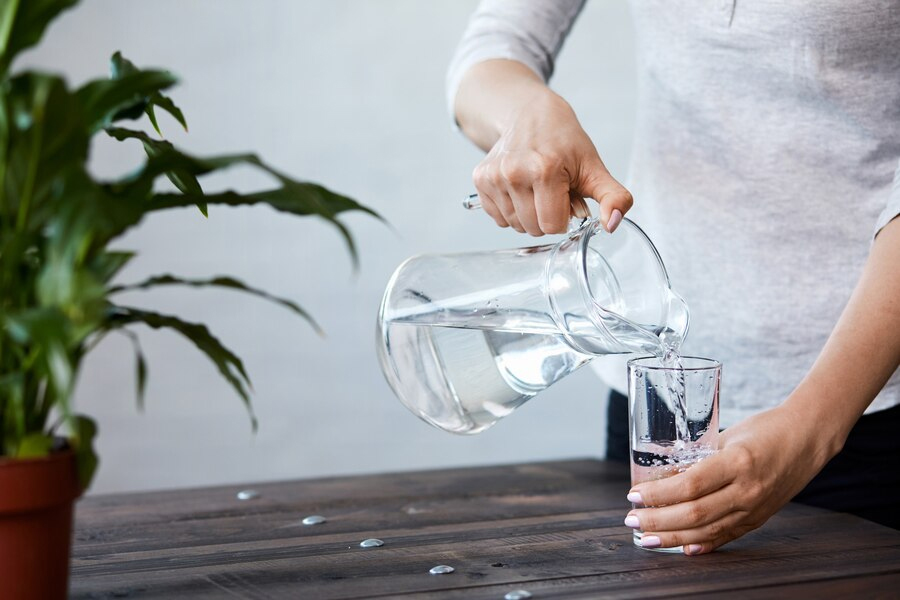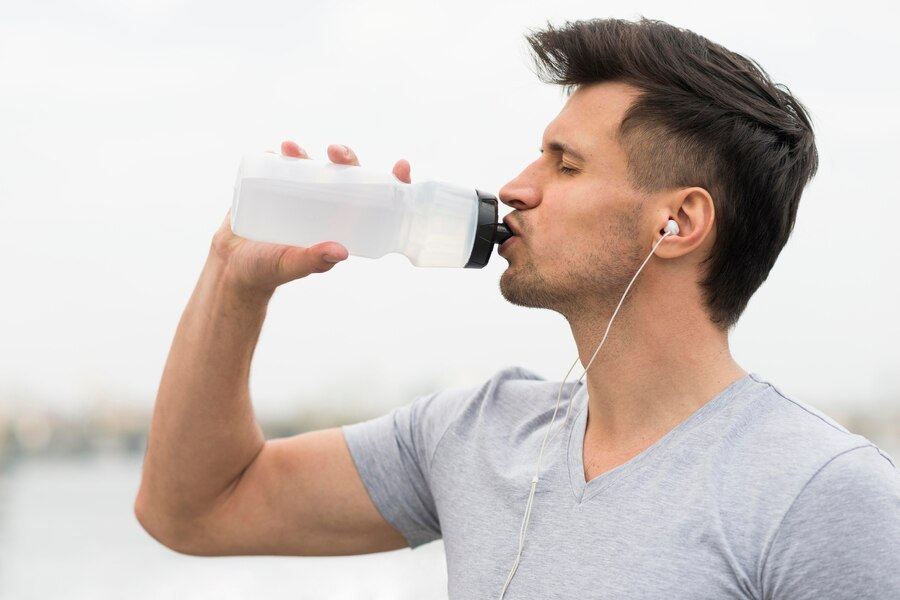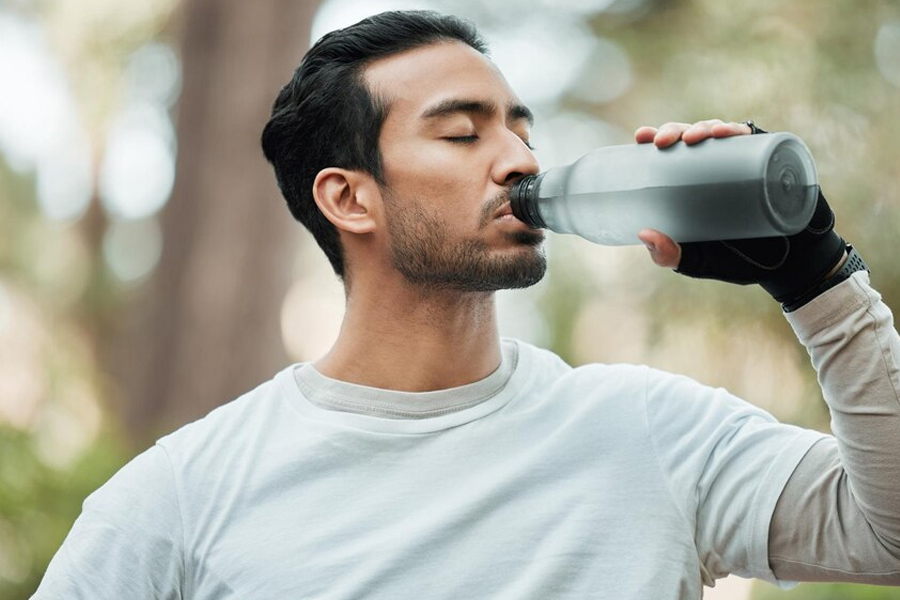
From our elders to our doctors, we’ve frequently been told how important drinking water is. In fact, staying hydrated is possibly the answer to most health problems. But while we all know it, we need to realise it.
Table of Content:-
In an exclusive interaction with OnlyMyHealth, Ritika Samaddar, Regional Head - Dietetics, Max Healthcare, New Delhi, emphasised the importance of hydration, saying that it is “very, very important.” She further added how dehydration, or lack of fluids in the body, is contributing to a range of health problems in recent times, especially in young people. Read to know more about the details.
Also Read: Sip Water, Don't Gulp It Down: Here's How It Can Benefit Your Health
Why Hydration Is Important

Beginning with the basics, here are some of the benefits of drinking enough water:
- Regulates body temperature
- Keeps joints lubricated
- Prevents infections
- Delivers nutrients to cells
- Keeps organs functioning properly
- Improves sleep quality
- Boosts brain health
- Enhances mood
According to the Harvard TH Chan School of Public Health, women should drink roughly 11 cups of fluids per day, whereas men should have 16 cups daily. The health body further adds that it doesn't always have to be plain water but can be flavoured with fruit or vegetables. Some people can also consume tea or coffee, but in moderation.
Dehydration-Related Diseases To Watch Out For

One of the key consequences of not drinking enough water includes the increase in dehydration-related diseases, especially in young people, highlighted dietician Samaddar.
According to StatPearls Publishing, factors such as exercise, heat exposure, medications, illness, impaired access to water, fever, or fluid loss could cause dehydration. There are three main types of dehydration: isotonic, which occurs when water and sodium are lost together through vomiting, diarrhoea, sweating, or burns; hypertonic, which occurs when water losses exceed sodium losses; and hypotonic, mostly caused by diuretics where salt loss is greater than water loss.
If left untreated, or if the body suffers repetitive bouts of dehydration, it can lead to serious complications and health problems, such as kidney stones, Urinary Tract Infections (UTIs), kidney failure, low blood pressure, low oxygen levels, and more.
Also Read: How Much Water Should You Drink In A Day To Pass Kidney Stones Naturally?
Avoid Caffeinated Drinks
While caffeinated drinks are a form of fluid, moderation is key. According to Samaddar, heavy caffeine consumption is one of the leading risk factors for dehydration in young individuals. A wide variety of caffeinated drinks are available in the market. and young students as well as professionals are consuming them on a regular basis.
As per the Mayo Clinic, caffeine increases the urine production, indicating that caffeine is a diuretic. Diuretics are substances that increase urine production by prompting the kidneys to release more water and sodium. This increased urination leads to excess fluid loss from the body. And if fluids are lost through increased urination and are not replaced by drinking enough water, it can lead to dehydration.
So, what can you do about it?
The answer is simple: drink caffeine-free drinks or just plain water. This means, for every caffeinated drink you consume, drink an equal or greater amount of water. If you're regularly exercising, or sweating, or live in a hot environment, you'll need to increase your water intake even further. Additionally, remember that not just your chai or coffee has caffeine; there are other sources, including chocolate and some medications.
How To Increase Fluid Intake?

Here are some strategies to help you maintain your fluid intake:
- Carry a water bottle with you at all times.
- Set reminders on your phone or a hydration app.
- Flavour your water with slices of fruit and veggies.
- Have a glass of water with every meal and snack.
- Drink a glass of water first thing in the morning and another before bed.
- Consume fruits and vegetables with high water content, such as watermelon, cucumber, celery, and berries.
- Swap sugary drinks like soda and juice for water or unsweetened tea.
- Drink extra water when you're in hot weather, exercising, or feeling thirsty.
Conclusion
Dehydration is one of the most overlooked yet concerning health conditions with a simple solution: drink plenty of fluids. But still, people get dehydrated and experience complications associated with it. It is either because of a lack of awareness about the subtle signs of dehydration, busy lifestyles, or the intake of dehydrating substances like caffeine and alcohol. Factors like physical activity, hot weather, and certain medical conditions can further increase fluid loss, making adequate hydration even more crucial. All in all, preventing dehydration often requires a combined effort to prioritise fluid intake and to avoid dehydrating substances.
Also watch this video
How we keep this article up to date:
We work with experts and keep a close eye on the latest in health and wellness. Whenever there is a new research or helpful information, we update our articles with accurate and useful advice.
Current Version